Myths and Legends of Our Own Land, v5
Nonfiction, Religion & Spirituality, New Age, History, Fiction & Literature| Author: | Charles M. Skinner | ISBN: | 9781613108727 |
| Publisher: | Library of Alexandria | Publication: | March 8, 2015 |
| Imprint: | Language: | English |
| Author: | Charles M. Skinner |
| ISBN: | 9781613108727 |
| Publisher: | Library of Alexandria |
| Publication: | March 8, 2015 |
| Imprint: | |
| Language: | English |
At Indian Head, Maryland, are the government proving-grounds, where the racket of great guns and splintering of targets are a deterrent to the miscellaneous visitations of picnics. Trouble has been frequently associated with this neighborhood, as it is now suggested in the noisy symbolry of war. In prehistoric days it was the site of an aboriginal town, whose denizens were like Other Indians in their love for fight and their willingness to shed blood. Great was the joy of all these citizens when a scouting party came in, one day, bringing with them the daughter of one of their toughest old hunters and a young buck, from another faction, who had come a-courting; her in the neighboring shades. Capture meant death, usually, and he knew it, but he held himself proudly and refused to ask for mercy. It was resolved that he should die. The father’s scorn for his daughter, that she should thus consort with an enemy, was so great that he was on the point of offering her as a joint sacrifice with her lover, when she fell on her knees before him and began a fervent appeal, not for herself, but for the prisoner. She would do anything to prove her strength, her duty, her obedience, if they would set him free. He had done injury to none. What justice lay in putting him to the torture?
At Indian Head, Maryland, are the government proving-grounds, where the racket of great guns and splintering of targets are a deterrent to the miscellaneous visitations of picnics. Trouble has been frequently associated with this neighborhood, as it is now suggested in the noisy symbolry of war. In prehistoric days it was the site of an aboriginal town, whose denizens were like Other Indians in their love for fight and their willingness to shed blood. Great was the joy of all these citizens when a scouting party came in, one day, bringing with them the daughter of one of their toughest old hunters and a young buck, from another faction, who had come a-courting; her in the neighboring shades. Capture meant death, usually, and he knew it, but he held himself proudly and refused to ask for mercy. It was resolved that he should die. The father’s scorn for his daughter, that she should thus consort with an enemy, was so great that he was on the point of offering her as a joint sacrifice with her lover, when she fell on her knees before him and began a fervent appeal, not for herself, but for the prisoner. She would do anything to prove her strength, her duty, her obedience, if they would set him free. He had done injury to none. What justice lay in putting him to the torture?
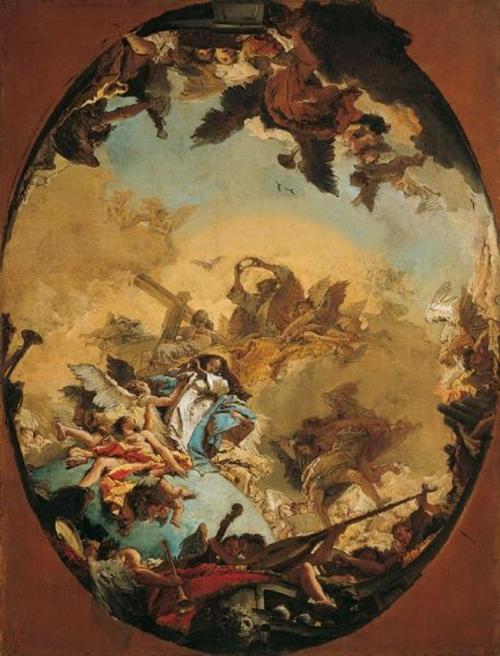
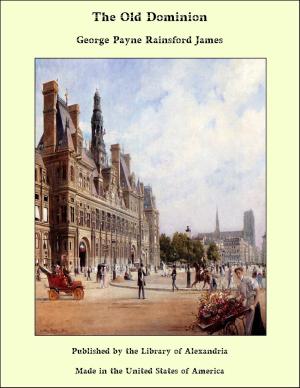
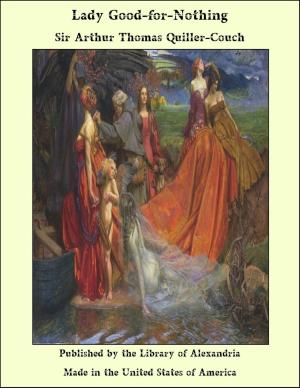
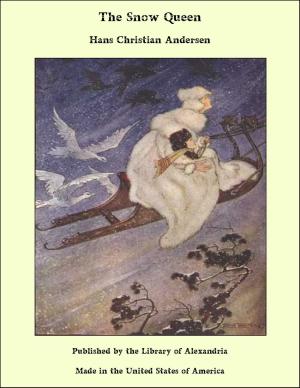





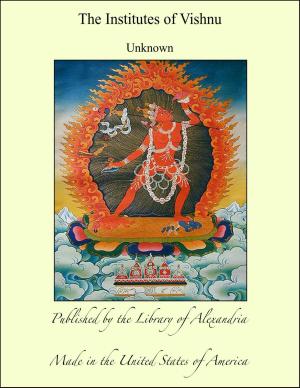

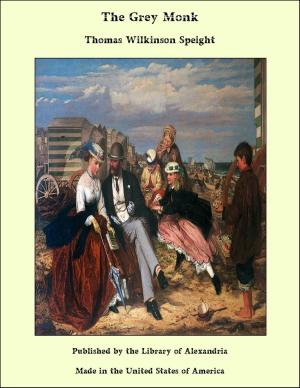



![Cover of the book [19th Century Actor] Autobiographies by Charles M. Skinner](https://www.kuoky.com/images/2015/march/300x300/9781465503732-TEET_300x.jpg)